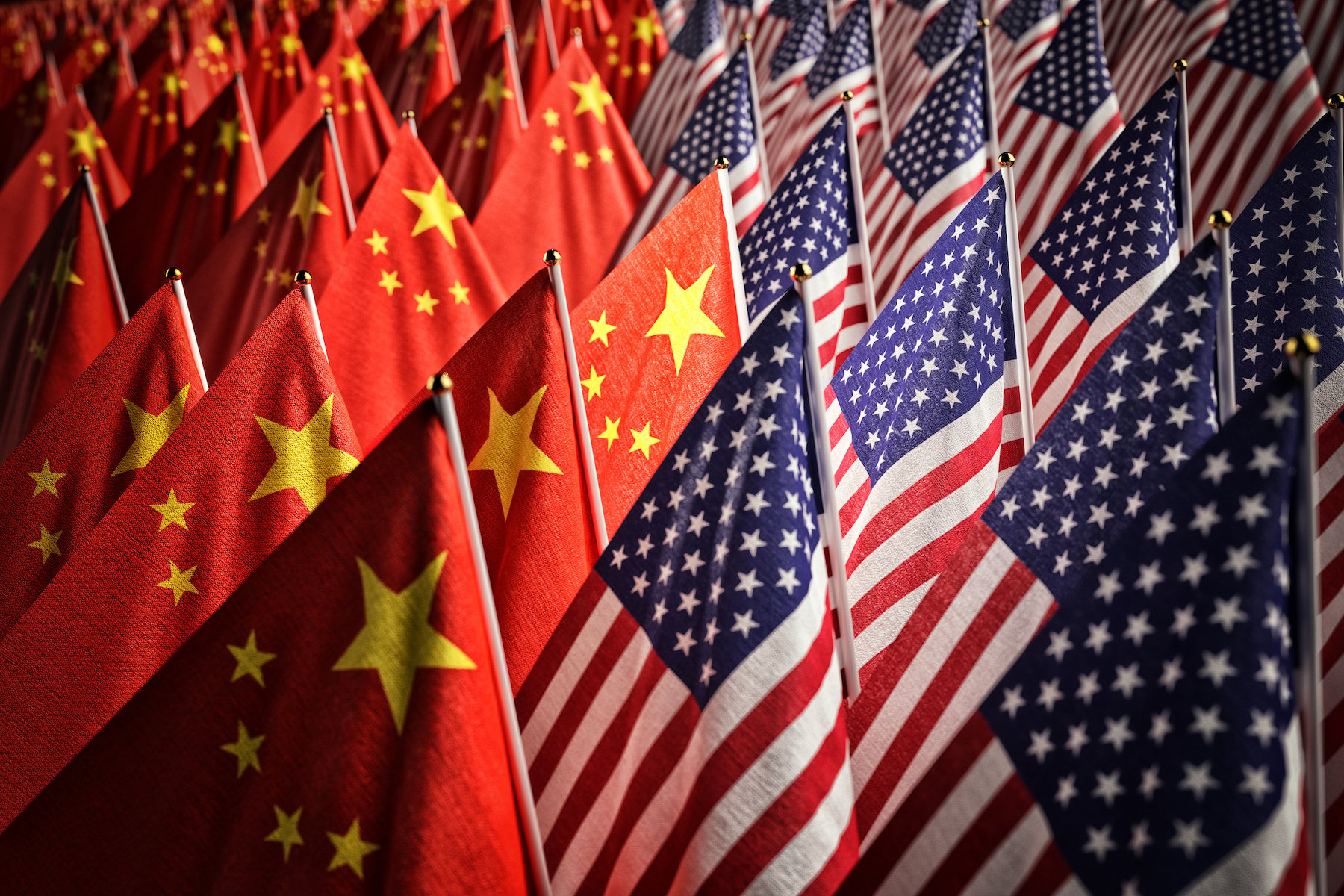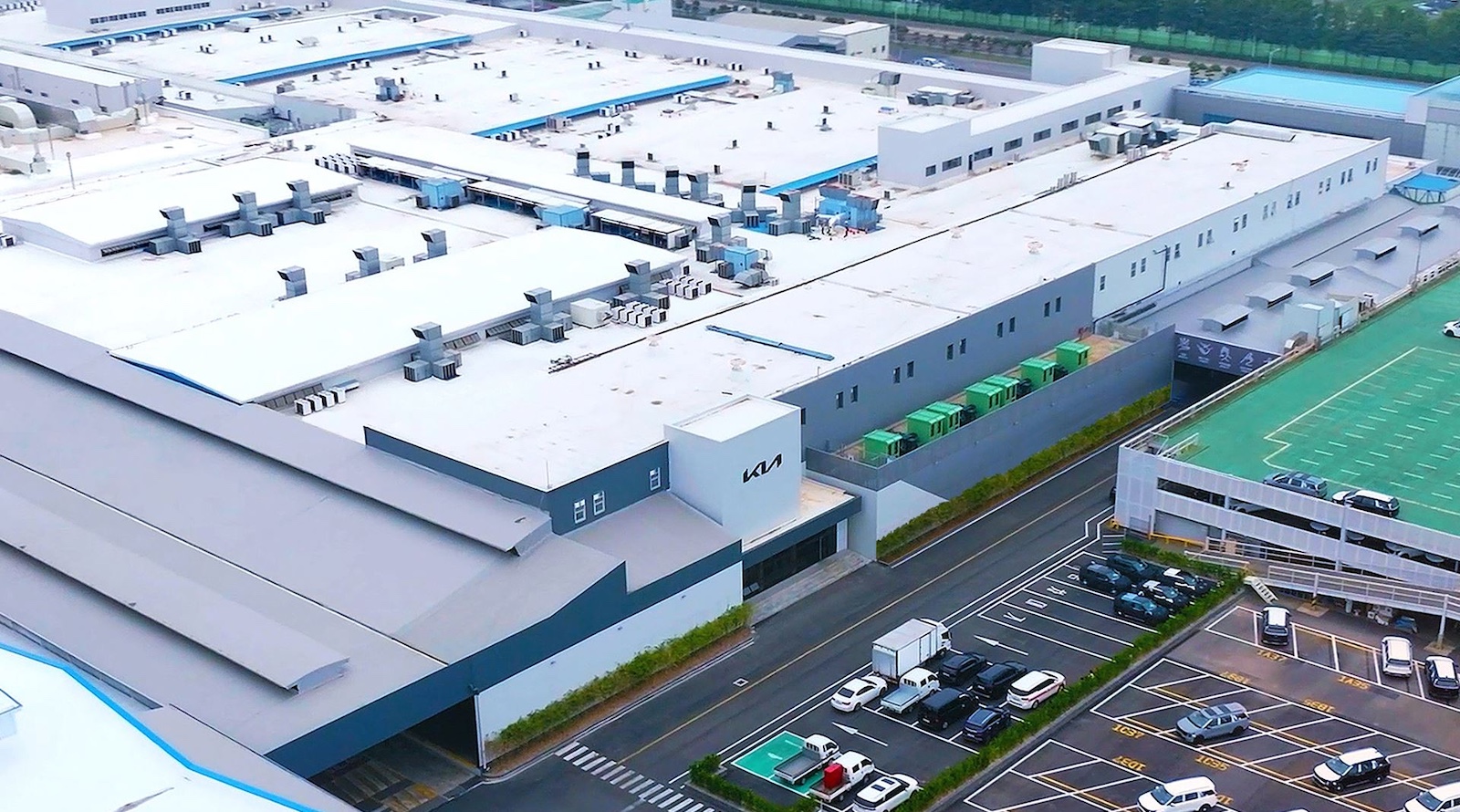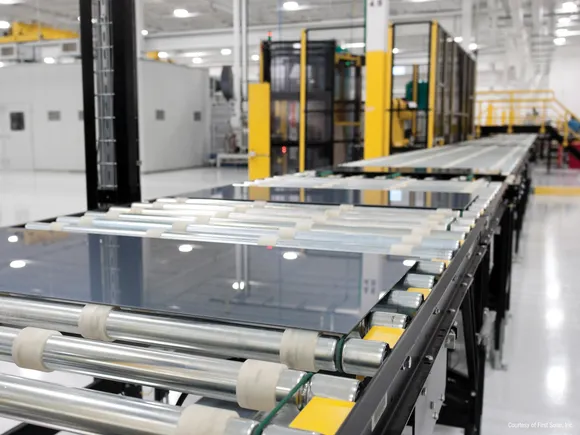Walmart Is Cutting 1,500 Jobs To ‘Remove Layers and Complexity’
Walmart is reorganizing some departments and laying off workers.

Walmart layoffs are coming soon. In an attempt at restructuring, the world’s largest retailer is cutting expenses and improving efficiency.
Reportedly, about 1,500 corporate employees will be directly affected. The company is specifically reorganizing global technology operations and U.S. e-commerce fulfillment managers. Its advertising segment, Walmart Connect, will also be impacted.
“We are reshaping some teams in our Global Tech and Walmart U.S. organizations where we have identified opportunities to remove layers and complexity, speed up decision-making, and help associates innovate rapidly,” the company told employees, per Business Insider.
Seemingly, the layoffs are not related to tariffs. The changes represent a shift in company priorities and its current growth initiatives.
While many jobs will be eliminated, Walmart plans to create new roles as well. The company has made significant investments toward improving worker wages, committing more money to its Sam’s Club warehouse chain as well as its international business. Store and regional managers have also received wage raises.
With headquarters in Bentonville, Arkansas, Walmart is the largest employer in the U.S., with 1.6 million employees and 4,600 stores. Globally, the retailer employs just over 2 million people.
Walmart Raising Prices Because of Tariffs
While Walmart’s layoffs are purportedly not because of tariffs, the retailer is raising prices in the coming weeks due to higher import costs. Last week, the company blamed tariffs for upcoming price hikes on some items.
“We will do our best to keep our prices as low as possible but given the magnitude of the tariffs, even at the reduced levels announced this week, we aren’t able to absorb all the pressure given the reality of narrow retail margins,” said CEO Doug McMillon, per FOX Business.
Specific products have not been revealed, but shoppers should be on the lookout for higher prices starting sometime before the end of June. Walmart relies heavily on imported goods. About one-third of what the retail giant sells comes from another country, with vendors in China and Mexico among the top exporters.
With that, Walmart and its suppliers have been negotiating to keep prices as level as possible. However, U.S. tariff policy is in a state of flux, leaving the company unable to accurately predict inventory requirements. As yet, the retailer hasn’t canceled any orders, but it has reduced purchases of items that have the potential to increase in price.






















































































![The F-35’s future: The power and cooling competition that could change everything [Video]](https://breakingdefense.com/wp-content/uploads/sites/3/2024/09/240924_F35_moon_USAF-scaled-e1727200160419.jpg?#)






























































